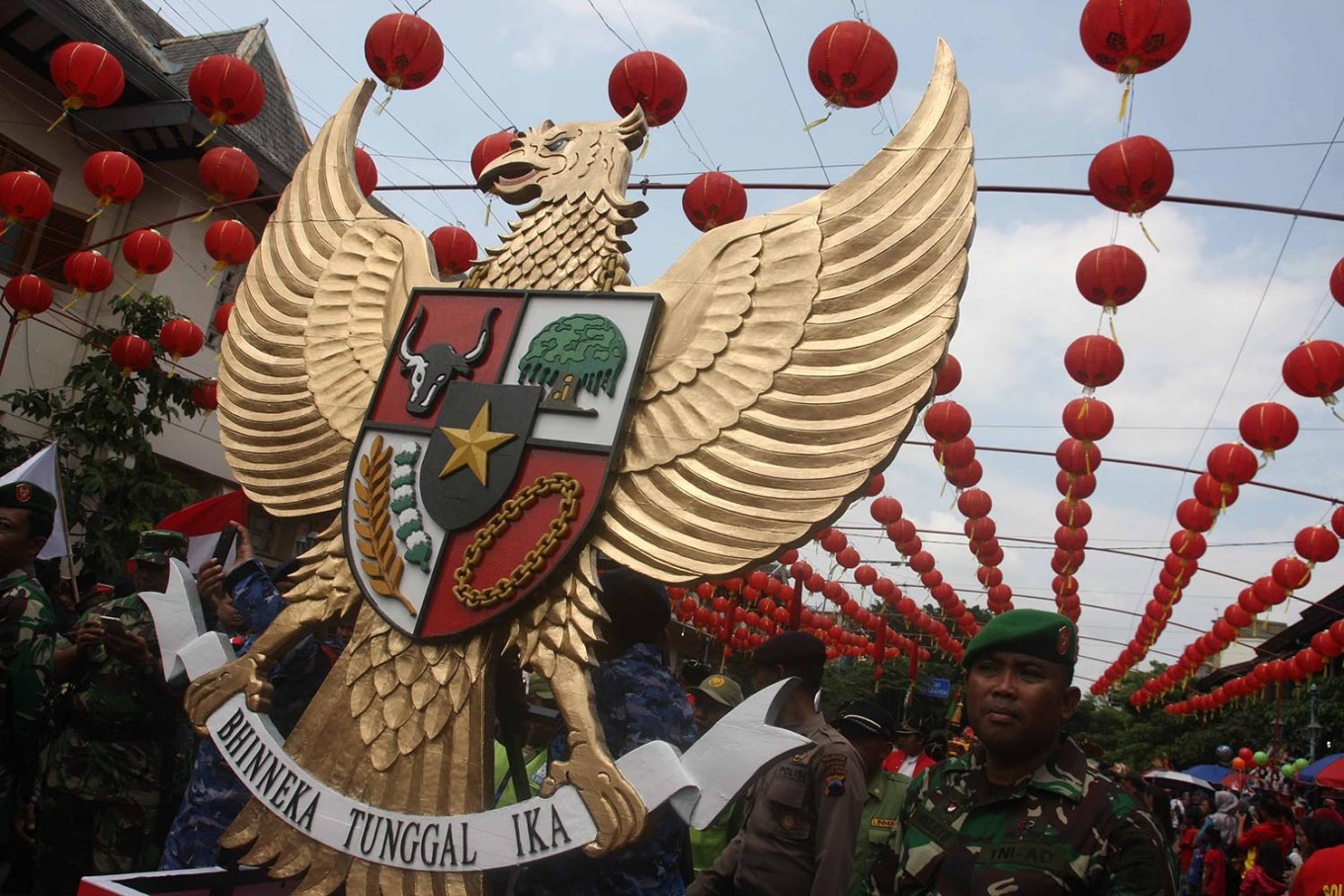Ideology in Indonesia: Is the Left–Right Debate Even Relevant? My Honest Take on Political Labels
JAKARTA, turkeconom.com – Ideology in Indonesia: Is the Left–Right Debate Even Relevant? This question’s been bouncing around in my head for years, especially whenever politic talk heats up in my daily life—whether that’s at a warteg, online, or even with my own family at lebaran. Honestly, I’ve messed up more than once trying to “classify” someone as left or right (spoiler: doesn’t always end well). So, is this left-right debate even something we need here, or are we just importing drama from abroad?
How Left–Right Ideology Actually Plays Out in Indonesia

If you ask most people about ideology in Indonesia, you’ll probably get puzzled looks. Why? Because in our daily grind, these famous left-right labels rarely stick. I mean, sure—we all love reading hot takes on Twitter, but when I’m hanging out at a nasi goreng stall, nobody’s asking if I’m a “lefty” or a “conservative.”
In college, I tried to flex by using terms like “progressive” or “reactionary.” My friends just rolled their eyes: “Bro, itu apaan sih?” Reality check—not everyone cares about Western political terms. In fact, the average voter in Bandung or Makassar is more concerned about BBM prices, flood control, or whether their children get jobs, not whether a public figure is “left.”
Why Left–Right Just Doesn’t Fit Our Context
Indonesia’s political culture is all about compromise. The biggest parties here (think PDI-P or Golkar) are umbrella parties, housing everyone from hardcore nationalists to Islamic moderates and everyday pragmatists. The lines get blurred fast. If you’ve ever watched a candidate suddenly switch alliances before an election, you’ll know what I mean!
Once, I had an argument with my cousin about a famous governor. I said, “He’s left-wing, look at how he supports public welfare,” but she laughed and pointed out he also supports hardline policies. Ouch. I realized our leaders are all about pragmatism—getting stuff done, not fitting neat ideological boxes.
This flexibility is actually our strength (reminder, it helped keep Indonesia together after Reformasi). But it makes the usual ideological left-right split kind of… useless? For most voters, what matters is: Can you solve my problem, bro?
Practical Insights: What Actually Drives Indonesian Politics?
Based on my experience volunteering during the last two elections, most people cast their votes because of family, religion, economic promises, or simple charisma. Ideology in Indonesia comes much later. When I asked young voters in Depok, “Are you voting based on left or right principles?”, they just laughed. Their real concerns? Corruption, jobs, cheap sembako, and local values.
And here’s a fun fact: Only around 7% of Indonesians even identify strongly with a party, based on a LIPI survey from 2019. So, expecting a major ideological clash? Don’t hold your breath. People switch parties for convenience, not hardcore beliefs—so political loyalty is fluid. This fascinates me (and frustrates my Western friends who love identity politics)!
Common Mistakes: Mine and Everyone Else’s
One of my biggest mistakes? Being too quick to judge. I once assumed a colleague was “right-wing” because she was religious. Turns out, she’s super passionate about social justice and supports environmental causes. Another time, I joined a campus debate expecting heated ideological battles, but quickly realized the discussion mostly revolved around concrete issues—like farmer welfare and public transport—not identity.
Lesson learned: There’s way more to people than just left or right labels. My advice? Don’t box yourself or anyone into a corner—it’s lazy, and in Indonesia, it rarely makes sense. Instead, listen to people’s stories and ask what matters to them, beyond the labels.
Modern Issues: Is the Ideology Debate Changing?
With all the noise online, you’d think young Indonesians are getting more ideological. But honestly, it’s a mixed bag. We love memes and Twitter beefs, but ask around, and you’ll see most people remain pragmatic. Social issues like gender equality and climate action are rising, but most activism still avoids strict left-right divisions—it’s more about what works here and now.
However, some shifts are happening. For example, I’ve seen more young communities in Jakarta and Surabaya that openly talk about feminism, human rights, and even anti-capitalist ideas. They don’t always use the old left-right words, but they’re starting conversations that matter. It’s early days—who knows whether Indonesia will move towards stronger ideological identities in the next decade?
What Can We Do Differently?
If you care about ideology in Indonesia: Is the left–right debate even relevant?, my top tip is: stay local in your thinking. Don’t just import arguments from the US or Europe—adapt discussions for Indonesian realities. Before posting your hot take, ask, “What matters most to people here?”
My hypothesis? Until our politics delivers on basic needs—like transparent government, jobs, and safety—the left-right spectrum will keep playing second fiddle. But that’s not a bad thing. It means we’re figuring out solutions that work for our context.
Some Quick Tips from Someone Who’s Been There
1. Avoid making assumptions about someone’s politic beliefs based only on religion or background.
2. Focus conversations on real issues—like local economy, public services, and corruption—not imported ideological battles.
3. If you’re a student or activist, build coalitions across divides. Our “gotong royong” spirit is stronger than any imported label.
4. Don’t be afraid to challenge your own biases (I do it all the time—though it’s never easy!).
5. Read up on Indonesian history and past movements—it’ll surprise you how hybrid and creative our politics has always been.
The Bottom Line: Relevant, or Just Noise?
So, ideology in Indonesia: Is the left–right debate even relevant? If you ask me after years of stumbling through these discussions—it’s mostly background noise. What’s way more valuable is listening to real people and understanding what drives them. Labels? Meh. Real change? That’s what matters, and that’s what Indonesia needs.
If you’ve stuck around this long, thanks! I’d love to hear your thoughts—drop your stories, debates, or even rants about how you see ideology in Indonesia evolving. At the end of the day, our politic journey is as complex and vibrant as our food. Let’s talk about it—not just argue labels.
Expand Your Knowledge: Tap into Our Expertise on Politic
Check Out Our Last Article on Government Shutdowns!











